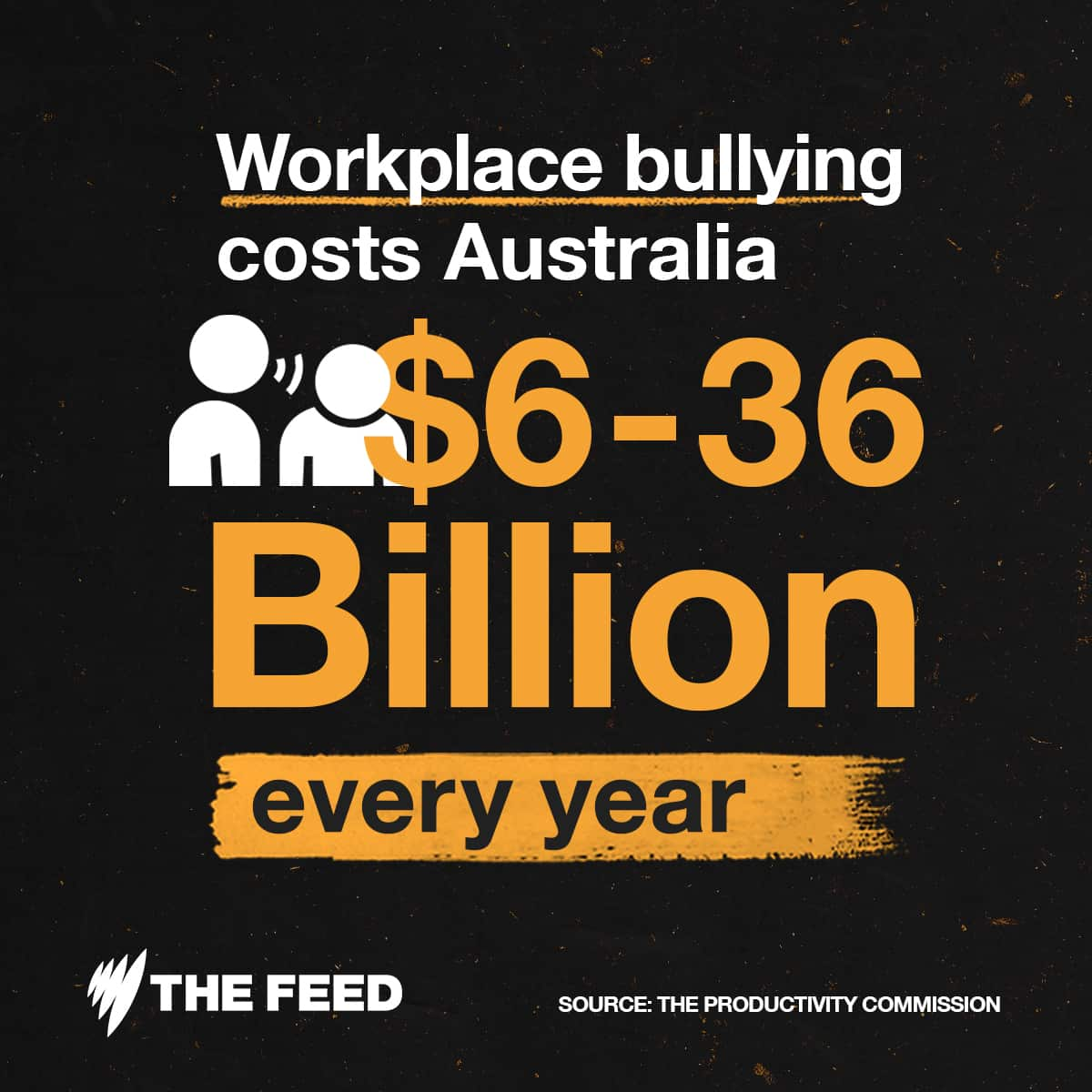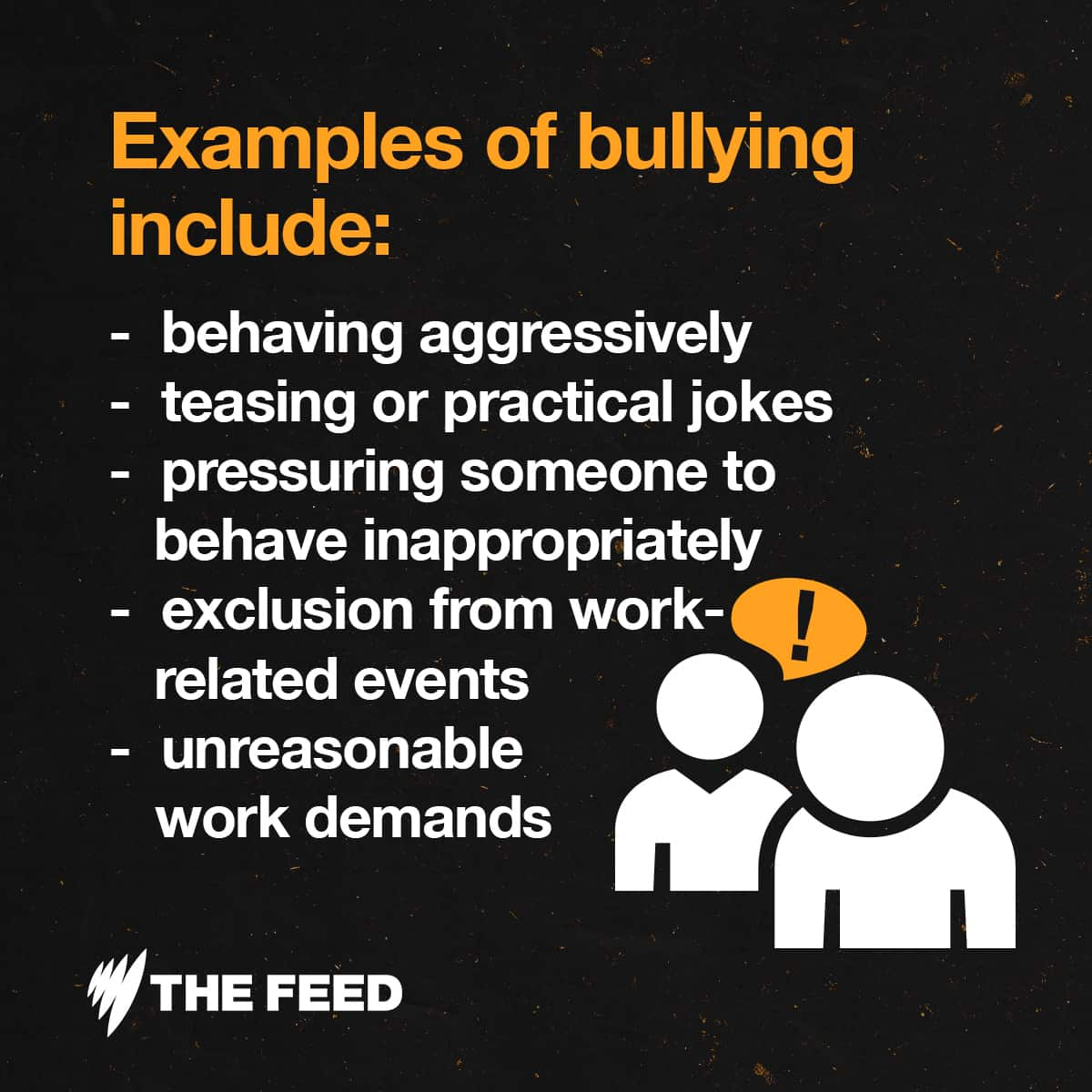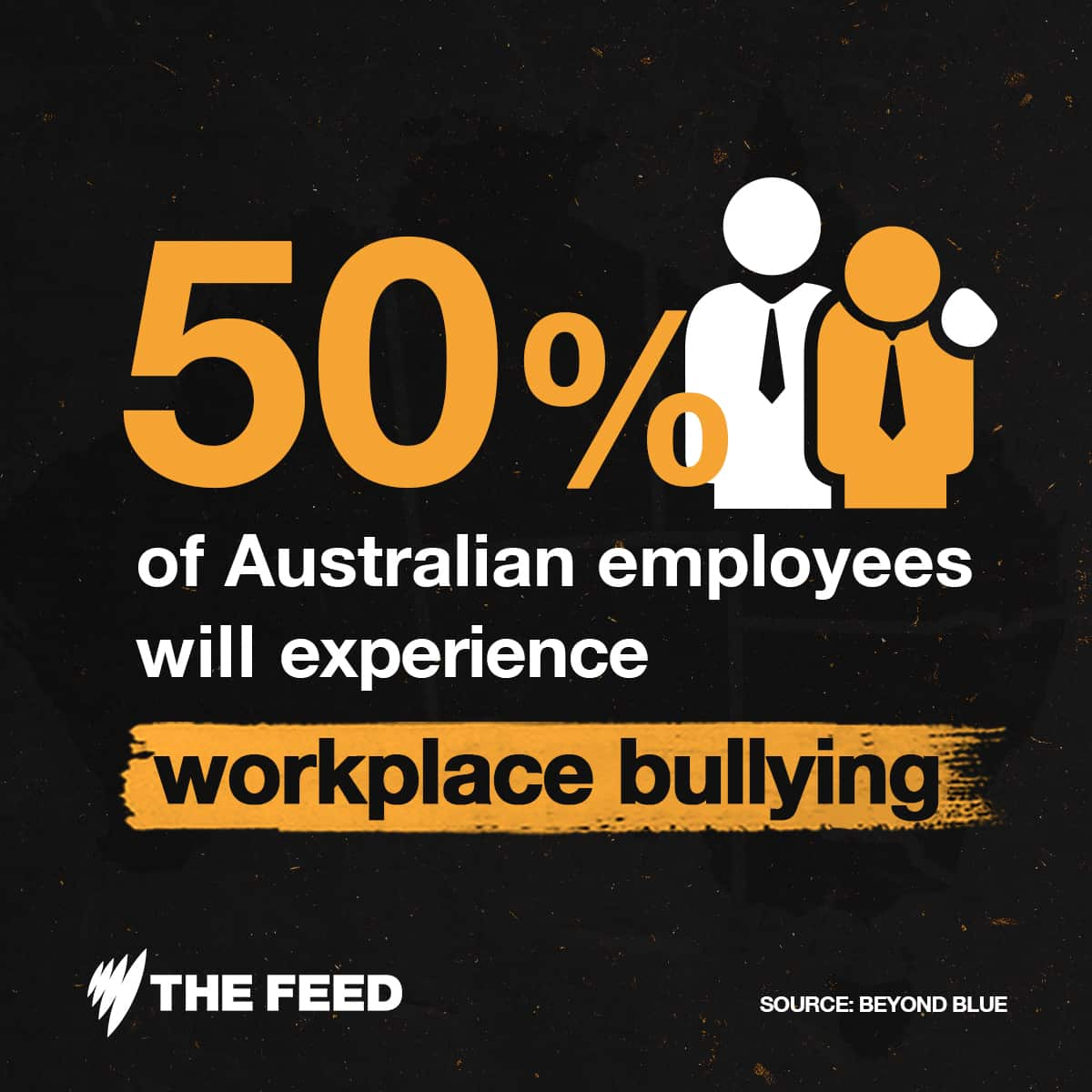Video: The impact of bullying in Australian schools.
Catch The Feed 8:30pm Thursdays and 5pm Sundays on SBS VICELAND. Connect with us on Facebook, Twitter and Instagram.
Allegations of workplace bullying have been levelled at prominent talk-back radio host Ray Hadley.
The Daily Telegraph has reported that former producer Chris Bowen posted the allegation on Facebook, where he said he has “suffered mental health problems” after “16 years of intense bullying” while working for Hadley at 2GB.
Several former employees have come out to support Mr Bowen’s claims, even making their own scathing allegations about working in Hadley's “toxic” environment on tiny salaries.
Since the initial post on Friday, Ray Hadley has gone on air expressing "regret for any harm caused to Mr Bowen", and otherwise noting he wouldn’t comment further “out of respect for his mental health issues”.
Macquarie Radio has commented that they have “not directly received complaints on this matter.”
“All staff at Macquarie Media are required to adhere to a workplace behaviour policy which includes a responsibility to maintain a safe working environment and report any matters of concern,” a spokesperson has said in a statement.
Workplace bullying a very real issue
Almost 50 per cent of Australian employees will experience some form of workplace bullying in their lives, according to research from beyondblue.
Of those bullied, five to seven per cent have been bullied in the last six months.
The Productivity Commission estimates the total cost of workplace bullying in Australia is between $6 billion and $36 billion annually.
If you have had an experience with workplace bullying contact us: thefeed@sbs.com.au
Senior employment lawyer at Maurice Blackburn Mia Pantechis says she regularly meets with clients who have been bullied at work.
"I would say it's rife in Australian workplaces," she said.

Am I being bullied?
Under the Fair Work Act, workplace bullying is:
- repeated and unreasonable behaviour directed towards a worker or a group of workers
- and that behaviour creates a risk to health and safety
Ms Pantechis says bullying conduct includes behaving aggressively, belittling or humiliating comments, victimisation, spreading rumours, excluding from work events, and unreasonable work expectations.
For it to be classed as workplace bullying, it has to be repeated and it has to be unreasonable.
"For example, one unfair performance review can't be labelled as bullying," she said.
I'm being bullied. What should I do?
If you believe you're being bullied in the workplace you should start documenting and keeping notes of the behaviour, says Ms Pantechis.
"Keeping a diary about what is happening at work can be really critical when making a complaint or a claim," she said.

It's important to know what complaint processes exist in your workplace and Ms Pantechis recommends making a formal complaint in writing.
"You should reference any policy in your contract to do with workplace bullying in your letter," she said.
"The letter should be clear and concise when detailing the bullying behaviour."
You can also take your complaint to the Fair Work Commission - Australia's national workplace relations tribunal - who can help mediate the situation and enforce practical solutions.
Take action quickly and don't quit
Critically, you need to address it early and take action.
"Often people put it to one side and wait until the situation is really bad," Ms Pantechis said.
This can have a profound impact on mental and physical well-being."
It might be your instinct to quit, but that may not be the best option.
Under the anti-bullying laws, you can only take a complaint to the Fair Work Commission while you're still employed.
"Your capacity to make a complaint falls away if you're dismissed or you resign," she said.
Ms Pantechis said HR should be impartial and act on the complaint promptly.
"In my experience that is not always what occurs," she said.
"If an employee suspects that HR is acting unreasonably in the investigation, then they should seek advice. It could constitute further acts of bullying."
You are protected by the Fair Work Act from your employer making any sort of reprisal from making a complaint.

Power in numbers
Senior Lawyer at the Young Workers Centres Oanh Tran recommends addressing the issue as a collective.
"Usually, if there is a bully in the workplace, there is more than one person affected," Ms Tran said.
Ms Tran said it is a good idea to go to a union or someone you trust in the workplace.
"If it is the boss that is doing the bullying, then a colleague of the boss may be able to help," she said.
Is social media a good idea?
Posting grievances on social media may not be the best choice when dealing with workplace bullying, says Ms Tran.
"Social media isn't a suitable place to air complaints," she said.
"You may violate the social media policy in your contract and there may be problems in what people say on the post that you don't have control over," she said.
"It's best to deal with it within the workplace, with work mates, or with your union."
If you have had an experience with workplace bullying contact us: thefeed@sbs.com.au
Through award winning storytelling, The Feed continues to break new ground with its compelling mix of current affairs, comedy, profiles and investigations. See Different. Know Better. Laugh Harder. Read more about The Feed
Have a story or comment? Contact Us



